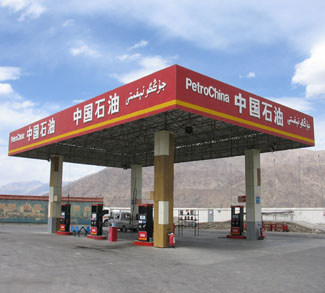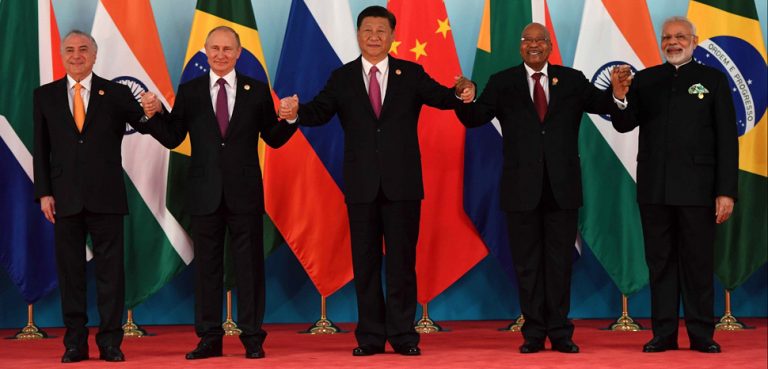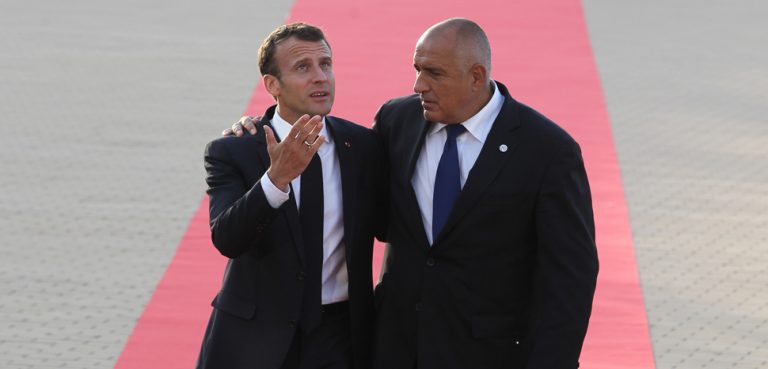A confluence of economic opportunity (developing the country’s vast mineral wealth) and political necessity (ensuring a stable Xinjiang) make post-NATO Afghanistan a perfect testing ground for China’s great power aspirations.
During a recent state visit to Afghanistan, Chinese Foreign Minister Wang Yi sent a clear signal of renewed Chinese political engagement by offering to mediate the peace process between the Taliban and Kabul.
His comments mark a departure from Beijing’s previous focus on the economic sphere in Afghanistan. Afghanistan’s mineral wealth has been valued at anywhere from $1-$3 trillion, and Chinese firms have been lining up to develop the country’s untapped potential. In 2007, the Metallurgical Corporation of China and the Jiangxi Copper Corporation invested $4.4 billion to develop what could be the second-largest copper deposit in the world at Aynak in Logar Province. Four years later, the China National Petroleum Corporation partnered up with Watan Oil & Gas to develop three oil blocks in the provinces of Sari-i-Pul and Faryab in northwestern Afghanistan – a project which brings an initial investment of $400 million.




